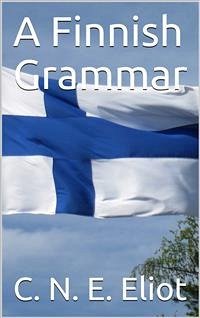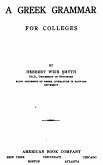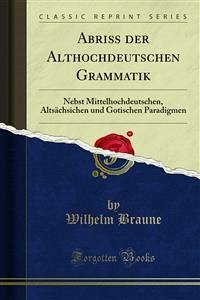My object in writing this book has been to give an account of Finnish sufficient to enable any one to understand the grammatical structure of the written language, and also to place before the student of philology an account of the chief phenomena it presents. In this latter respect I am conscious that my treatment is very inadequate on account of my inability to make myself acquainted with the many dialects spoken by the peasantry in various parts, the importance of which for the scientific history of the language cannot be overrated. I trust, however, that I may meet with indulgence, as the present work is, to the best of my belief, the only grammar of Finnish in English, and the only syntax (except brief sketches) in any language more generally accessible than Swedish.
The Finnish language is still in so unsettled and fluid a condition, as regards both forms and style, that it is often hard to say what is correct and what not. A foreigner naturally cannot venture to decide what ought or ought not to be, and I have merely endeavoured to give an account of the forms and constructions found in existence. The examples are taken chiefly from the Kalevala and Bible (which are generally cited by references), from the Suomen Kansan Sananlaskuja of Ahlqwist, from various modern works, and some from the dictionaries of Lönnrot and Geitlin. The remainder have all been approved by natives, and will, hence, I trust, be found idiomatic.
The Finnish language is still in so unsettled and fluid a condition, as regards both forms and style, that it is often hard to say what is correct and what not. A foreigner naturally cannot venture to decide what ought or ought not to be, and I have merely endeavoured to give an account of the forms and constructions found in existence. The examples are taken chiefly from the Kalevala and Bible (which are generally cited by references), from the Suomen Kansan Sananlaskuja of Ahlqwist, from various modern works, and some from the dictionaries of Lönnrot and Geitlin. The remainder have all been approved by natives, and will, hence, I trust, be found idiomatic.









